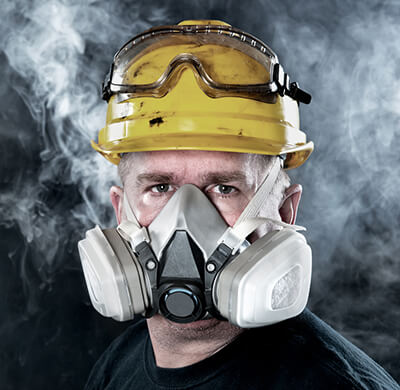
Keeping employees healthy is vitally important. It ensures that their physical and mental well-being are taken care of and promotes the success of the business. It’s no secret that employees’ health can be affected by their work environment. That’s why employers must understand the risks and hazards their workers are exposed to daily. This allows them to take the necessary measures to protect their employees’ health.
Here’s a comprehensive guide to employees’ health.
Employers Must Address Workplace Risks and Hazards
Employers must ensure they are aware of any potential risks or hazards in the workplace. These include:
- Chemicals
- Physical hazards – slippery floors, falling objects
- Biological hazards – infectious diseases
- Ergonomic risks – poor posture or repetitive tasks
Once the employer is aware of any potential risks or hazards in the workplace, they must take steps to reduce them. This may include:
- Establishing safety protocols
- Providing employees with protective equipment
- Educating employees on proper safety procedures
- Providing adequate ventilation and lighting
- Making sure all machinery is properly maintained
- Engaging in regular safety checks to ensure compliance with standards
Promoting a Culture of Wellness and Well-being
The key to keeping employees healthy is promoting a culture of wellness and well-being. This means providing employees with resources to maintain their physical and mental health.
This could include:
- Access to affordable healthcare
- Regular breaks throughout the day
- Educating employees on healthy lifestyle habits such as proper nutrition and exercise
- Flexible working hours that allow for a better work-life balance
- Creating an open dialogue between management and employees
These resources can help ensure that employees know their health needs. Employees will also gain access to necessary support and can take steps to maintain a healthy lifestyle.
What Happens When Employees Get Hurt on the Job?
Accidents or illnesses can happen at any workplace. What if an employee sustains an injury or becomes ill due to a work-related activity? Employers must ensure that injured employees receive proper medical care.
This could include:
- Reporting the incident to relevant authorities
- Working with insurance providers to cover costs
- Providing employees with access to rehabilitation services if needed
- Providing employees with access to mental health services
- Taking necessary steps to minimize any further risks or hazards
Employers must also ensure that their policies and procedures are followed correctly. This will help decrease the likelihood of future incidents occurring.
Workers’ Compensation
Employers must also make sure they understand workers’ compensation laws. This will help protect their employees if an incident does occur.
In the United States, employers are required to purchase workers’ compensation insurance. This plan covers medical costs and lost wages in the event of a workplace injury or illness.
Workers’ compensation includes:
- Medical coverage for the employee
- Lost wages while the employee is out of work
- Death benefits if the injury or illness results in death
Determining if an illness or injury is work-related can sometimes be difficult. Employees should consult their employer to ensure that coverage is available to them.
Common examples of these injuries are:
- Repetitive motion disorder
- Slip and fall injuries
- Exposure to hazardous chemicals
- Asbestosis – long-term exposure to asbestos
What if an Employee Gets Injured After Work Hours?
If an employee is injured while they are off the clock, it may not be covered by workers’ compensation insurance.
What if the injury was a direct result of their work-related activities? If so, the employer may be liable for medical costs and other associated expenses.
Employers must understand the laws governing these situations to protect their businesses and employees.
How Can an Occupational Medicine Specialist Help?
An occupational medicine specialist can help all parties understand their rights and responsibilities. They can also promote workplace safety.
They can also provide advice on how to reduce the risk of injuries in the workplace.
A trusted medical professional can balance these factors:
- The care needed by the injured employee
- The requirements of the insurance provider
- The needs of the employer
A trusted occupational medicine specialist can manage the claim process. They can also see that all parties involved are satisfied with the outcome.
Occupational Health Services in Grand Junction, CO
At WorkPartners Occupational Health, our team of physicians and physician’s assistants is accredited by the state of Colorado to deliver care for workers injured or having medical conditions related to the workplace. We are your local provider for all occupational health needs and are committed to helping injured workers recover and return to full functional capacity.
To learn more about how we help injured workers and employers alike, call WorkPartners Occupational Health at (970) 241-5585, or request an appointment online.
We look forward to helping employees stay safe and healthy!






